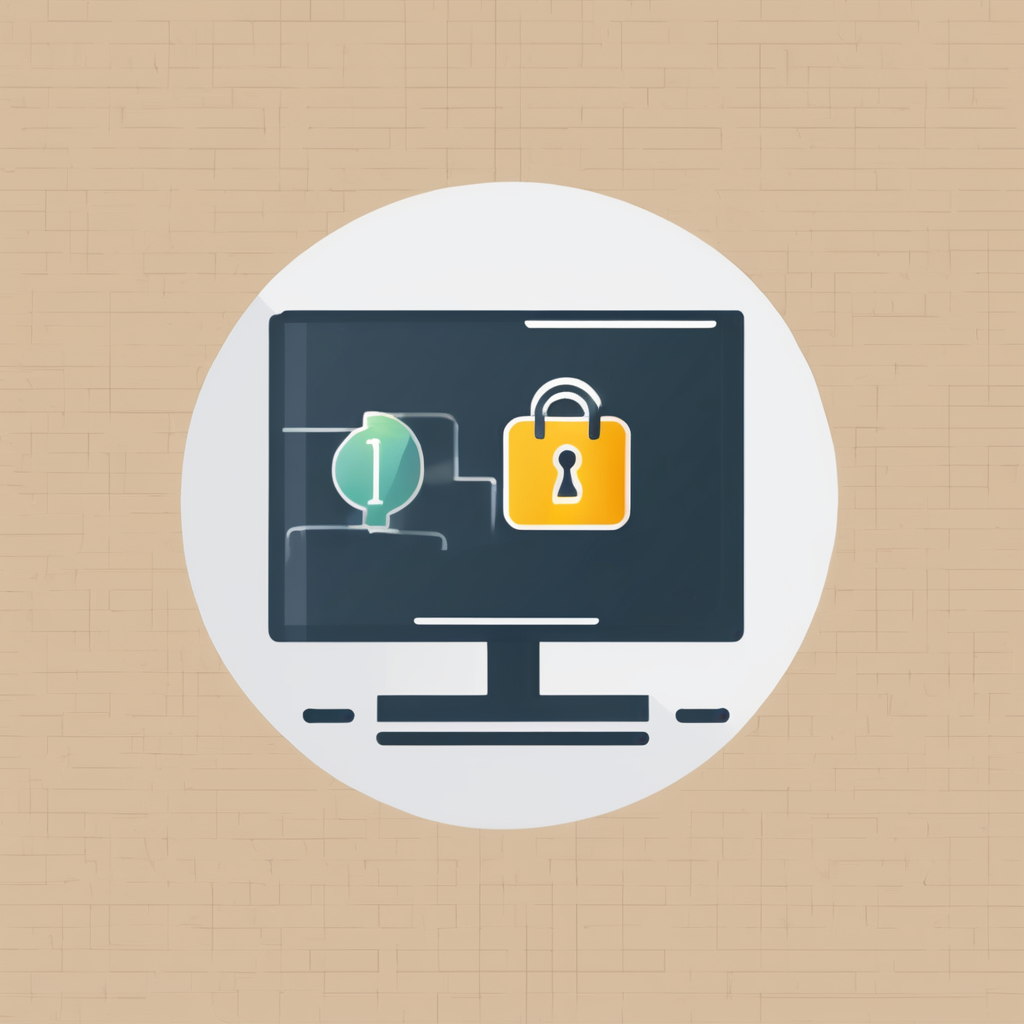Smartphone Tracking in the UK: Privacy Overview
Exploring the impact of technology and regulation on privacy
Smartphone tracking relies fundamentally on GPS, Wi-Fi signals, and mobile network data to pinpoint locations. These technologies enable services like navigation and personalized ads but also raise significant privacy implications. In the UK, vast amounts of personal data linked to these tracking methods can reveal sensitive patterns about users’ habits and movements.
Additional reading : How do smartphones support remote work trends in the UK?
Understanding UK regulations is crucial. The Data Protection Act 2018 enforces strict rules on how companies collect and use personal data, including information gathered through smartphone tracking. Consent and transparency are legal prerequisites; users must be informed about tracking activities and given control over their data.
Concerns focus on unconsented tracking, data security breaches, and potential misuse by third parties. For example, apps tracking users without clear permission can infringe privacy rights. The UK’s regulatory framework aims to balance technological benefits with protecting individuals, yet ongoing debates highlight challenges in adapting laws to emerging tracking techniques.
Also read : What Future Innovations Can We Expect From the UK’s Smartphone Industry?
In this context, informed awareness about smartphone tracking and its privacy implications is essential for UK residents to safeguard their digital footprints effectively.
Legal Framework Protecting Privacy Rights
The UK data protection laws form a robust foundation to safeguard personal information, especially concerning smartphones. Central to this framework is the General Data Protection Regulation (GDPR), which mandates that companies must handle personal data with transparency and secure consent before processing it. The GDPR emphasizes protecting smartphone data, requiring clear user permissions for apps that access location and personal information.
Additionally, the Investigatory Powers Act grants specific authorities the ability to access electronic data for national security and law enforcement purposes. However, it imposes strict oversight to balance surveillance powers with respect for individual privacy. This law allows interception of smartphone tracking data but only under judicial authorization, ensuring lawful access.
Tech companies and law enforcement must interpret these regulations carefully. They are required to ensure that smartphone tracking laws comply with both data protection principles and security needs. This legal framework seeks to harmonize innovation with privacy by defining clear boundaries for data use, limiting unauthorized tracking while enabling legitimate investigations. Patients concerned about privacy should remain informed about their rights under these laws to maintain control over their smartphone data.
Data Collection Methods and Usage
Smartphones as constant data generators
Smartphone apps often rely on location tracking to provide tailored services. Through GPS signals, apps precisely pinpoint where a device is. Many also use cookies and sensors embedded in the phone to collect usage data, like browsing habits or app interaction timings. This combination creates a detailed digital footprint.
Companies and authorities collect this data to analyze user behavior, optimize services, and offer targeted advertising. For example, ride-sharing apps use real-time location data to match drivers and passengers efficiently. Law enforcement may also access location information under legal frameworks for safety or criminal investigations.
Data use policies dictate how this collected information is managed, shared, or sold. While some companies anonymize data, others share it with third parties, blurring the line between private and public usage. This often raises privacy concerns, as users rarely control how broadly their data is distributed or the purposes it serves.
Understanding these mechanisms is key to navigating smartphone data collection. Knowing how apps gather location and usage data empowers users to make informed decisions about the permissions they grant.
Risks and Challenges to Individual Privacy
Navigating privacy risks in today’s digital landscape demands attention to surveillance and data handling. Increased surveillance, whether by governments or corporations, raises concerns about the misuse of personal data. This can lead to intrusive monitoring without user consent, infringing on the fundamental right to privacy.
Data breaches remain a significant threat, potentially exposing sensitive information like financial details or identity credentials. When such breaches occur, affected individuals face risks ranging from identity theft to financial fraud. Notably, securing systems against these breaches is challenging due to evolving cyber threats and complex infrastructure.
Ensuring anonymity adds another layer of difficulty. Sophisticated data collection techniques often make true anonymization hard, as combined datasets can re-identify individuals. Additionally, implementing data minimization principles—collecting only essential information—is complicated by business models seeking vast amounts of data for analysis.
Balancing convenience with these privacy challenges requires robust security measures and informed policy decisions to safeguard personal information effectively.
Recent UK Examples and Notable Cases
In the UK, several smartphone tracking cases have drawn public attention, highlighting real-world privacy incidents where users’ location data was accessed without explicit consent. A notable example involved a telecommunications company facing scrutiny after inadvertently allowing third parties to track users’ movements, raising urgent questions about data protection and transparency.
Government actions have also influenced public perception. Instances where authorities employed smartphone tracking technology for law enforcement, sometimes without clear legal frameworks, triggered debates about the balance between security and individual privacy rights. These cases underscored the necessity for robust safeguards and accountability.
Legal challenges have been pivotal in clarifying the boundaries of acceptable smartphone tracking. Courts often emphasize the importance of obtaining consent and ensuring users are informed about how their data is used. Outcomes from these cases reinforce the message that companies and governments must comply with data protection laws, such as the UK GDPR, to avoid penalties.
These ongoing incidents and rulings offer valuable insights into managing privacy risks and improving smartphone tracking practices, serving as important references for technology developers and policymakers alike.
Protecting Yourself: Steps for Privacy Control
Understanding how to safeguard your digital life
Smartphone security is crucial for digital privacy protection. Start by reviewing app permissions—only grant access necessary for the app’s function. This limits exposure to sensitive data. Adjust your device settings to disable location tracking and restrict background data usage, preventing apps from collecting unnecessary information without your consent.
UK privacy tools can help you enhance security. Consider using encrypted messaging apps and VPNs, which secure communications and hide your IP address. Also, enable two-factor authentication to add an extra layer of protection to accounts, reducing the risk of unauthorized access.
Under UK privacy laws, you have explicit rights regarding your personal data, such as requesting access to or deletion of your information from companies. Familiarize yourself with these rights and assert them when needed. Regularly updating your smartphone’s operating system is another essential step, as updates often contain important security patches that protect against new threats. Taking these combined measures maximizes your control over digital privacy protection and keeps your personal data safer on your smartphone.




